“The Fall of the House of Usher” is a gothic horror miniseries created and co-directed by horror maestro Mike Flanagan, his final show with Netflix due to the expiration of his contract with the company. This contemporary reimagining of Edgar Allan Poe’s story of the same name follows Roderick Usher, the CEO of the corrupt Fortunato pharmaceutical company, as a figure from his past picks off his children in brutal ways. The miniseries stars Carla Gugino, Bruce Greenwood, Mary McDonnell, Henry Thomas, Kate Siegel, Rahul Kohli, Carl Lumbly, Samantha Sloyan and Mark Hamill.
Flanagan is probably one of my biggest inspirations as an aspiring filmmaker, and it’s a testament to his talent that “House of Usher,” despite being his worst series to date, is still a unique horror story worth recommending to pretty much any horror fan. The show is very different from pretty much all of his prior filmography, and while it can be a bit hit-or-miss, I think the gamble was worth it in the end.
As usual with Flanagan’s projects, the show boasts a terrific cast, and while some of them are a bit miscast, there are still some great performances. Gugino’s performance as the villainous shapeshifter Verna is easily the standout due to her overall campiness and her ability to embody numerous characters with her accents and body language.
Another terrific performance comes from Greenwood as Roderick, and part of that comes from the unfortunate circumstances behind his casting. Initially, the character was meant to be played by veteran actor Frank Langella but after a misconduct investigation, he was fired in the middle of production, with Greenwood being hired for reshoots and for the rest of the show. Not only did the filmmakers manage to make this change work seamlessly, but Greenwood’s performance is yet another standout of “House of Usher” as he delivers his lines with so much venom that I can’t imagine anybody else playing the role.
One of the strongest elements of all Flanagan’s projects is his directing, and this series is no exception. However, he was responsible for only four of the show’s eight episodes. The rest of the series was directed by Michael Fimognari (the second and third To All the Boys films), who also served as cinematographer for each episode. It’s clear that both filmmakers are at the top of their game, and the show is filled with fantastic visuals, snappy editing and well-crafted sequences of suspense.
I also loved the giallo influences with the series, specifically with the central mystery, gruesome violence, sense of eroticism (at least in earlier episodes) and vivid imagery. I was pretty excited when Flanagan announced that “House of Usher” would take inspiration from this genre of Italian thrillers, but I wasn’t expecting this show to occasionally feel like one. As a horror fan, I was in awe to see a beautiful homage to the first kill sequence from Dario Argento’s “Suspiria.” It’s clear that both Flanagan and Fimognari love the horror genre, and every single scene feels like they’re being made by two film nerds who are loving every day on the job.
Another great element of the series is its writing, and a large part of that is due to how different it is from Flanagan’s other work. While his previous works are very seriously toned, “House of Usher” is essentially a dark comedy about a bunch of rich, entitled morons arguing with each other, much like HBO’s “Succession.” I never expected one of his projects to make me laugh as much as this series did, especially when the whole show is about these characters getting picked off one by one. Not only that, but it’s socially relevant, serving as a parallel to the opioid epidemic and criticizing Big Pharma.
All of this is surprisingly well-balanced with how the story adapts the works of Poe. While the framework is inspired by the short story of the same name, each episode and character is heavily inspired by the writer’s other work. Each episode, aside from the first, is named after either another short story, novella or poem, with each character’s death being inspired by said stories. For example, the second episode, titled “The Masque of the Red Death,” shows the hedonist Prospero getting brutally killed while holding a masquerade orgy. The Usher siblings are also all named after Poe characters, and as weird as it sounds to hear these names in a story set in the present day (for crying out loud, imagine naming your kid Prospero or Tamerlane), it also serves as a pretty funny joke about how rich people try to give their kids unique names.
While there is a lot that I loved about this show, it also had quite a few problems that prevented it from being as terrific as Flanagan’s other work.
The score, in particular, bugged me quite a bit throughout the show. This is odd, especially considering that it was composed by the Newton Brothers, who have scored all of Flanagan’s projects since his 2013 film “Oculus.” Their music usually adds a lot in terms of tone and feel, and it’s pretty effective in this series’ more horror-oriented sequences, but there are a lot of flashback sequences with overly melancholic music in the background, and it feels incredibly distracting to me. Not only that, but at times the score feels a bit too reminiscent of the Newton Brothers’ music for “The Haunting of Hill House” and “The Haunting of Bly Manor.” I genuinely can’t tell if I’m just going crazy, if this was an intentional choice or if they ran out of ideas.
One element of Flanagan’s series that is almost universally criticized is his excessive use of lengthy monologues. While they worked for me in “Hill House,” “Bly Manor” and occasionally in “Midnight Mass,” I was genuinely hoping that “House of Usher” would avoid this trend … and it didn’t. Granted, some of these monologues are somewhat comedic in tone, or at least intentionally over-the-top, but a bunch of them made me roll my eyes. There’s a particularly bad one in the third episode in which Roderick rants to the character Dupin about lemons, in which he mentions Kim Kardashian, Dr. Oz and Billie Eilish. This initially seemed like it was supposed to be an intentionally cringy sequence, but as soon as we cut to Dupin’s dumbfounded face, I quickly realized that this was supposed to be taken seriously.
Overall, I think that “The Fall of the House of Usher” is yet another strong entry in Flanagan’s filmography. While it didn’t hit the highs of “Hill House” or “Midnight Mass” for me, it’s a great mix of Gothic horror and giallo. It’s a fitting end to his tenure on Netflix, but his career is really only getting started. After all, his next projects include a film adaptation of Stephen King’s short story “The Life of Chuck” and a television series based on “The Dark Tower” series? What can’t this man do?
RATING: 8.3/10

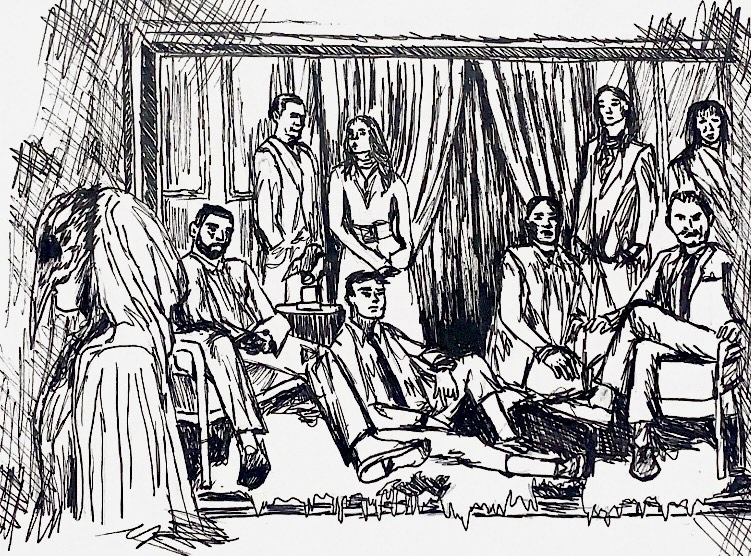

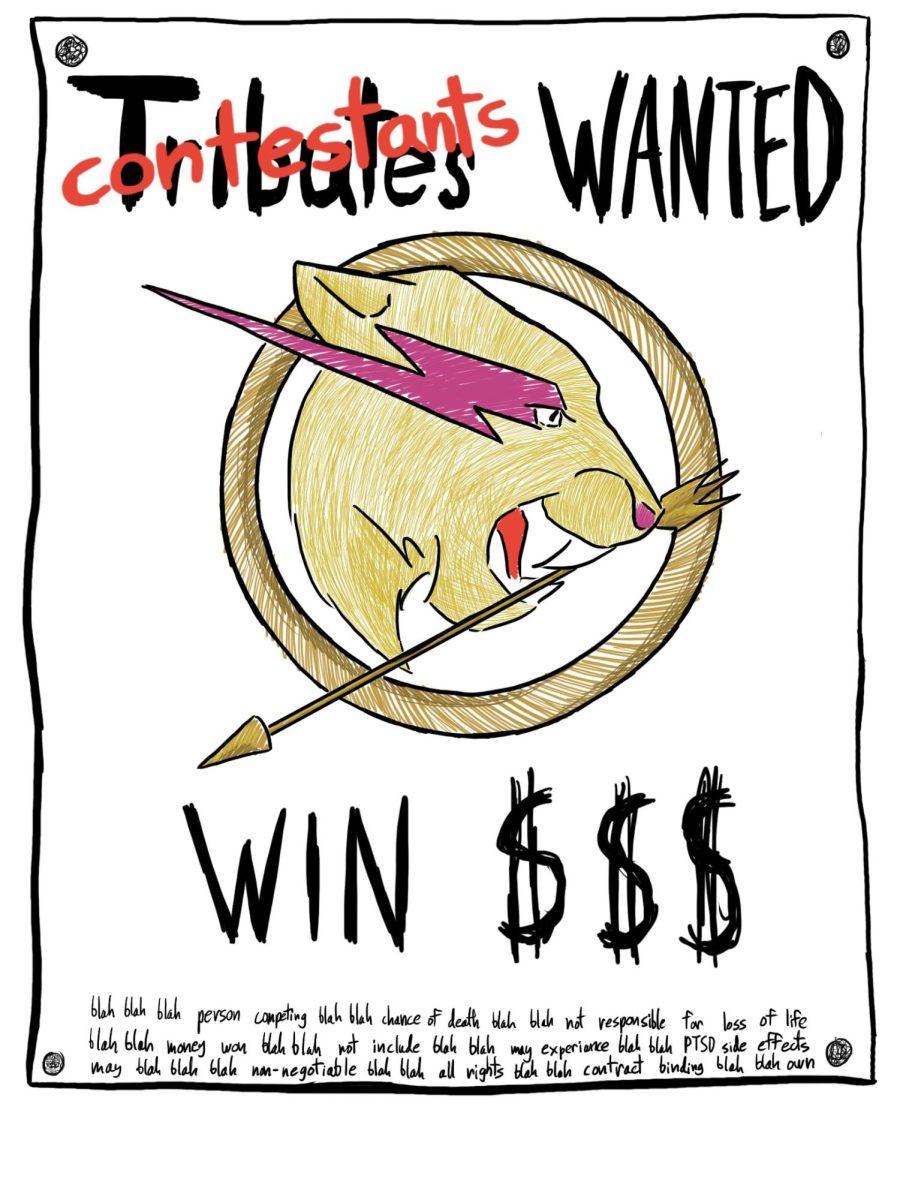


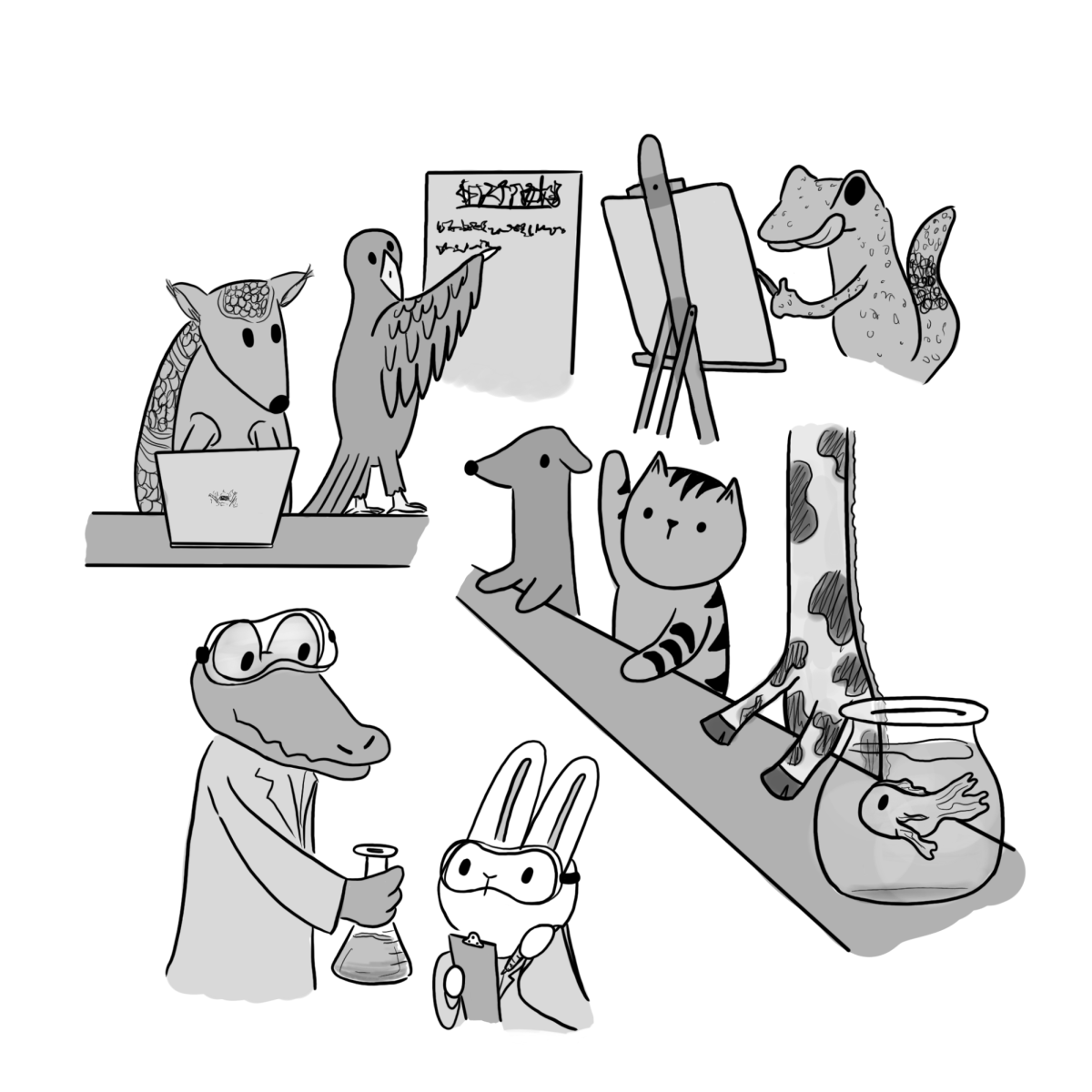
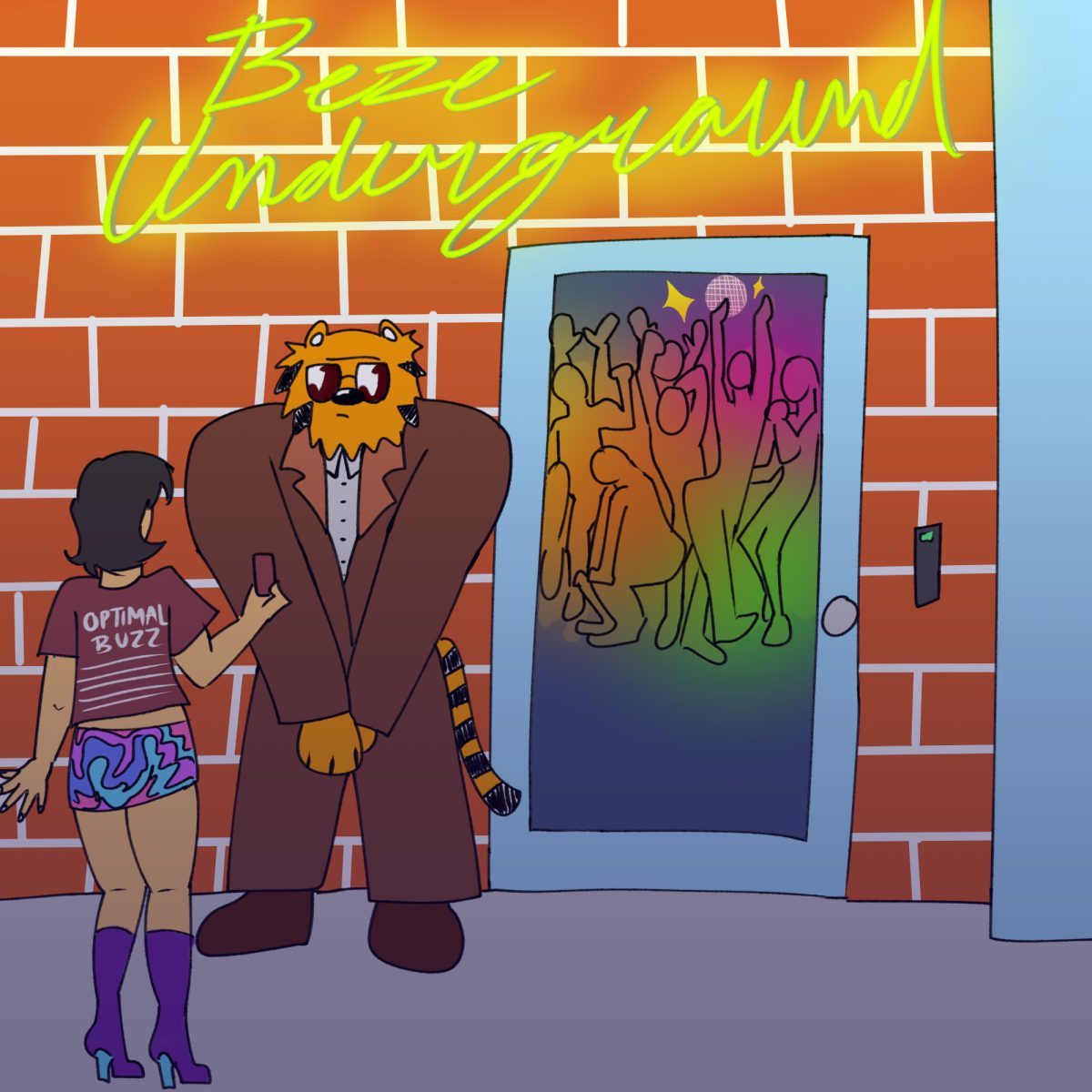
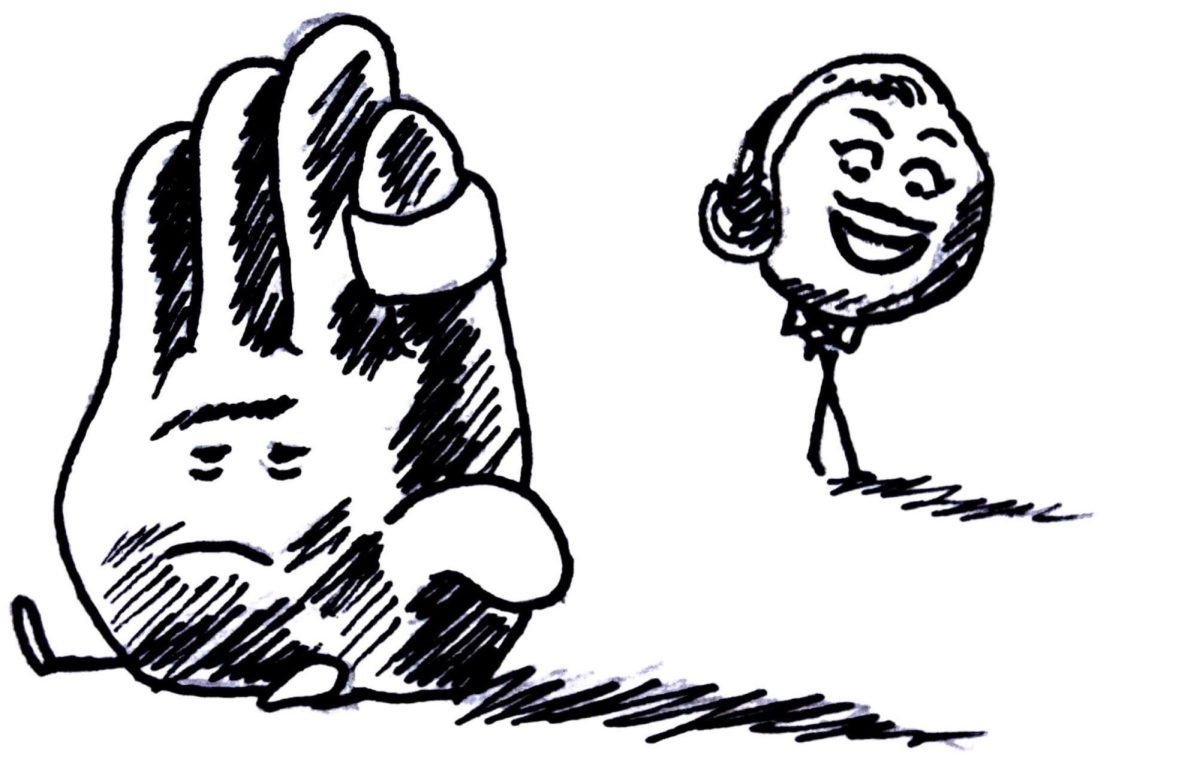


Y • Oct 27, 2023 at 2:14 pm
Om,
How did you come up with the rating of 8.3?
Why the “.3”?
Best,
Mom
Rick J. • Oct 22, 2023 at 12:55 am
Now I need to watch this series since I want to compare my thoughts to the thoughts of Siskel & Om’s. I am now intrigued to see the outcome of this series and listen to the monologues.
YKD • Oct 20, 2023 at 7:31 pm
Nicely written!
Have a question How was the “.3” derived in the rating?